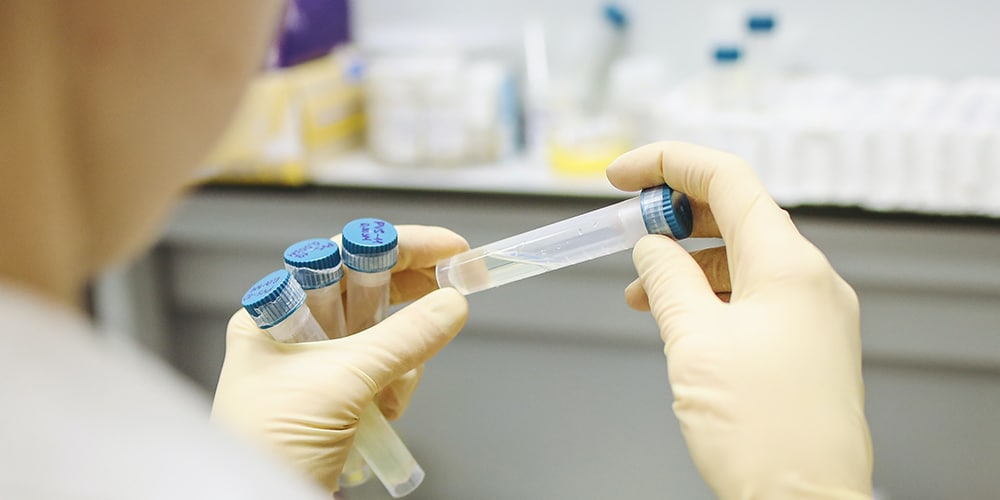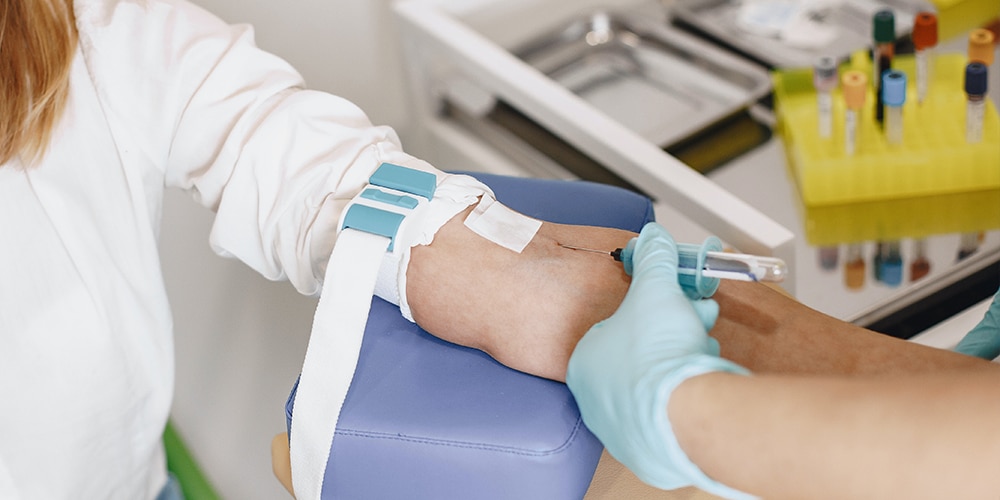Methamphetamine (meth) use has been on the rise in the United States in recent years. In 2021, an estimated 2.5 million people aged 12 or older used meth in the past year. If you are looking up questions about how long does methamphetamine stay in your system, it is likely that you are dealing with a meth addiction problem. Don’t ignore this problem after your drug test, let this be your warning sign: get help now. In 2020, there were over 32,000 overdose deaths involving meth. Don’t be on that annual list, reach out for help today.







